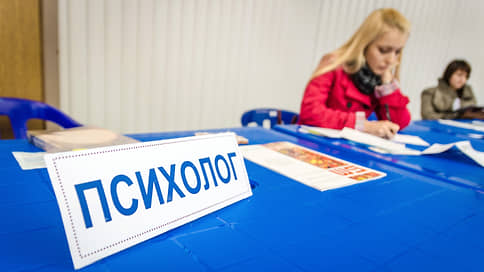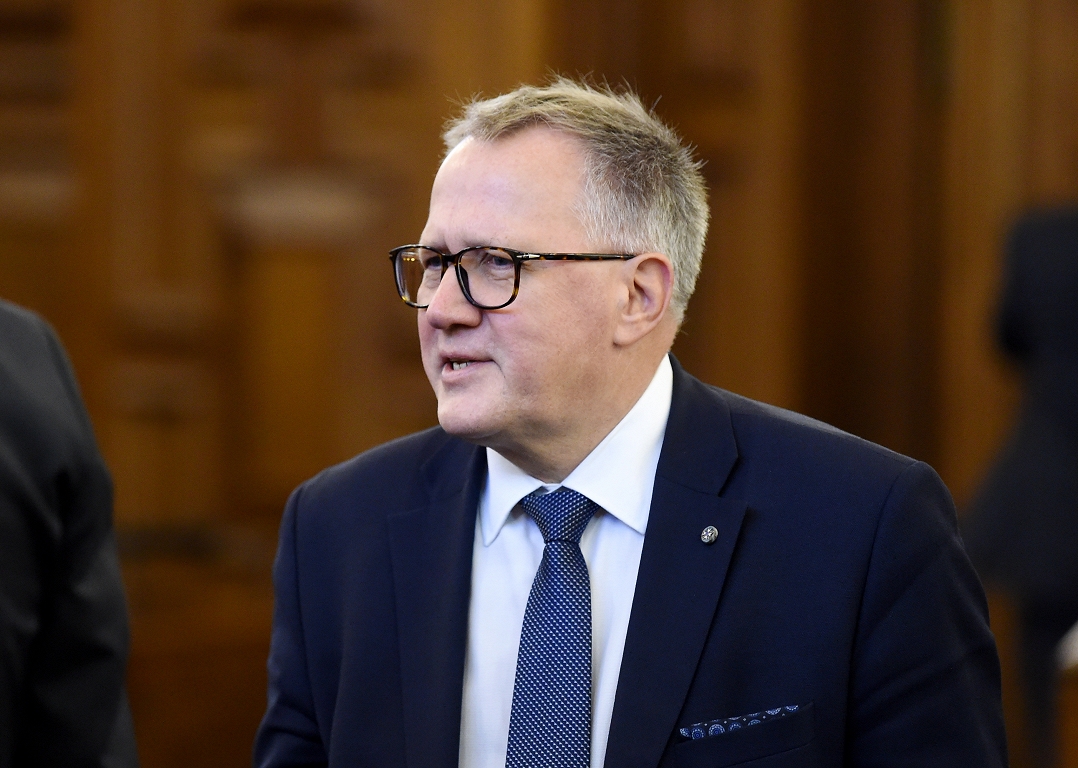Citizens began to contact psychologists less often

Citizens began to contact psychologists less often. Over the year, interest in specialized online services was reduced by 19%, and the demand for the services of specialists as a whole-by 5%. The trend is probably associated with the desire of consumers to reduce optional expenses. The penetration of therapy in Russia remains low, this market can grow more due to offline formats of assistance.
Demand for online psychologists selection services in the first quarter of 2025 decreased by 19% by the year, calculated in the T-Pay payment system. The volume of expenses for their services decreased by 10% year by the year. According to the “check of the index” of the company “Platform of the OFD” (operator of fiscal data), in January – May this year, the demand for the services of psychologists and relevant centers as a whole lost 5% of the year by the year. The CEO of the psychological platform Alter Ramil Alshin says that the growth of the market for online psychological assistance services has slowed down.
The “Clear” “Kommersant” service explained that in the first quarter of 2025, the demand for psychologists’ services was stable, but already in April its growth rate began to decline. This is not a sharp fall, but the change is felt, the company said. EQIVA Consulting CEO Daria Shubina also records a slowdown in the online psychological services segment. The number of sentences from psychologists for the year increased by 11%, noted in “Prof.ru”.
The need for the population for psychological assistance has been growing in recent years. According to the VTsIOM, according to the results of 2024, 13%of Russians had the experience of contacting it, in 2022-12%, in 2009-6%. Psychologists’ services are traditionally used by more popular among women. According to T-Pay, they formed 67% of customers of specialized online services in the first quarter. These are mainly people 25–29 years old (32%of transactions in January -March 2025), 30–34 years old (27%), 20–24 years (16%) and 35–39 years (14%). According to EQIVA estimates, the commercial mental health market for 2024 increased by 18.5%, to 20.5 billion rubles. The number of patients increased by 8.9%, to 1.88 million people.
At the beginning of this year, the level of anxiety of Russians gradually decreased, follows from the data of the Public Opinion Foundation. For example, at the end of March, 36% of respondents assessed the condition of others as anxious. In early January 2025 and at the end of March 2024, the indicator reached 44%. But analysts associate a negative trend in the segment of psychological assistance rather with market factors.
In “clear” it is assumed that a decrease in the activity of users of services for the selection of psychologists is dictated by inhibition of consumer activity. The company associate this with the general macroeconomic situation: growing caution in expenses stimulates consumers to abandon expenses that are not related to basic needs, including psychotherapy.
Daria Shubina believes that it was the online segment of psychological assistance that has reached saturation. Here now a fairly high competition and active promotions, state in the “Index CHIC”. The Center for Psycodemia believes that the period of rapid growth of business aggregators of psychological services has ended: due to high commissions, experienced specialists leave them. This stimulates people to look for psychologists through personal recommendations.
Despite the decrease in demand, the cost of psychotherapy is growing. According to T-Pay, the average check on specialized online services in January-March amounted to 3.4 thousand rubles, increasing by 10% a year by the year. In the « Index » noted an increase of 4%, up to 3.9 thousand rubles. The “clearly” believes that the rise in price is associated with inflationary processes and the growing demand for more experienced specialists, whose services are more expensive.
Ramil Alshin is not waiting for a further reduction in demand for online psychologists. “The penetration of therapy in our country is still relatively low,” he explains. In “clear” it is hoped that the demand for online psychotherapy will again begin to increase in the third or fourth quarters of 2025. But Daria Shubina suggests that the mental health market will develop mainly due to the offline segment and integrated assistance models.







